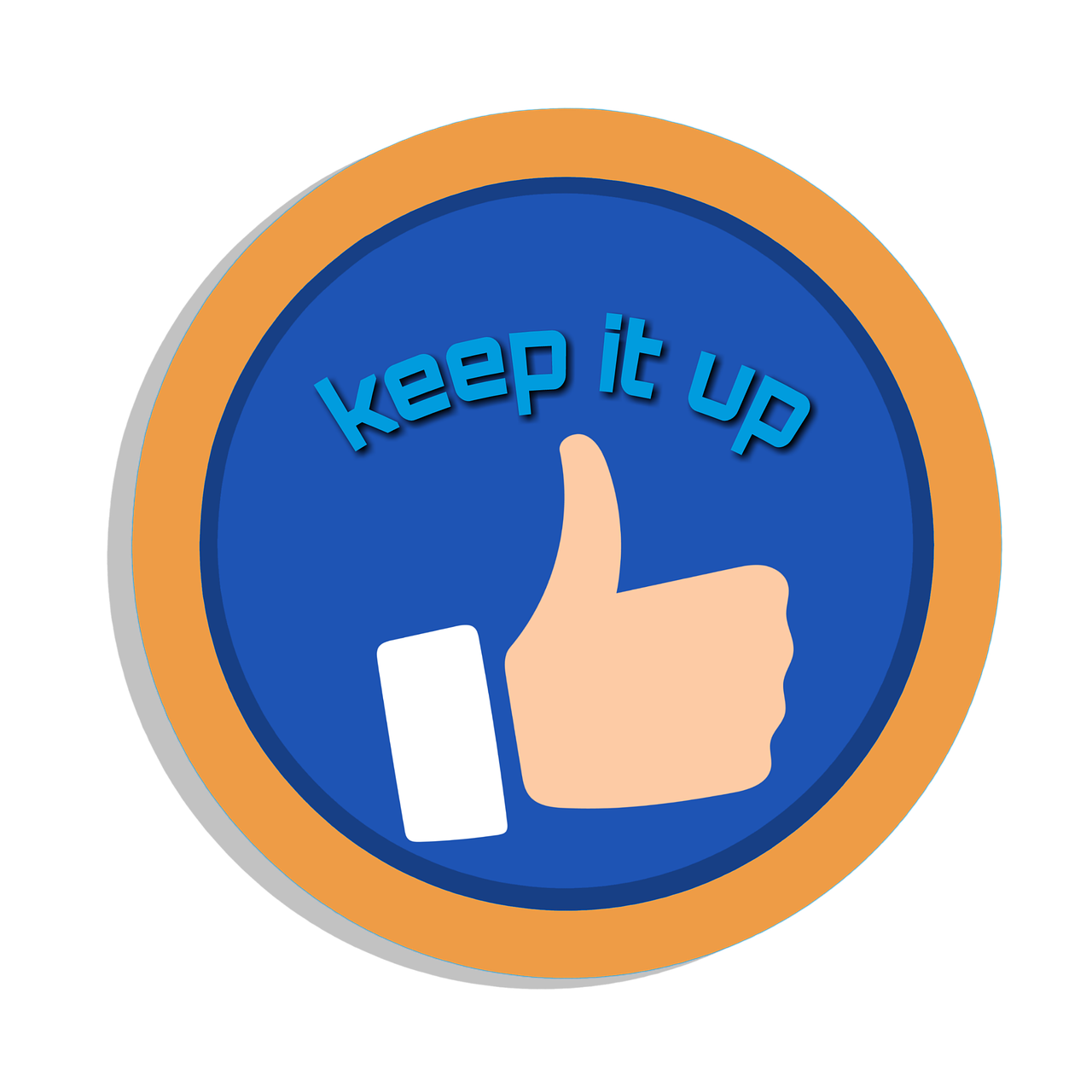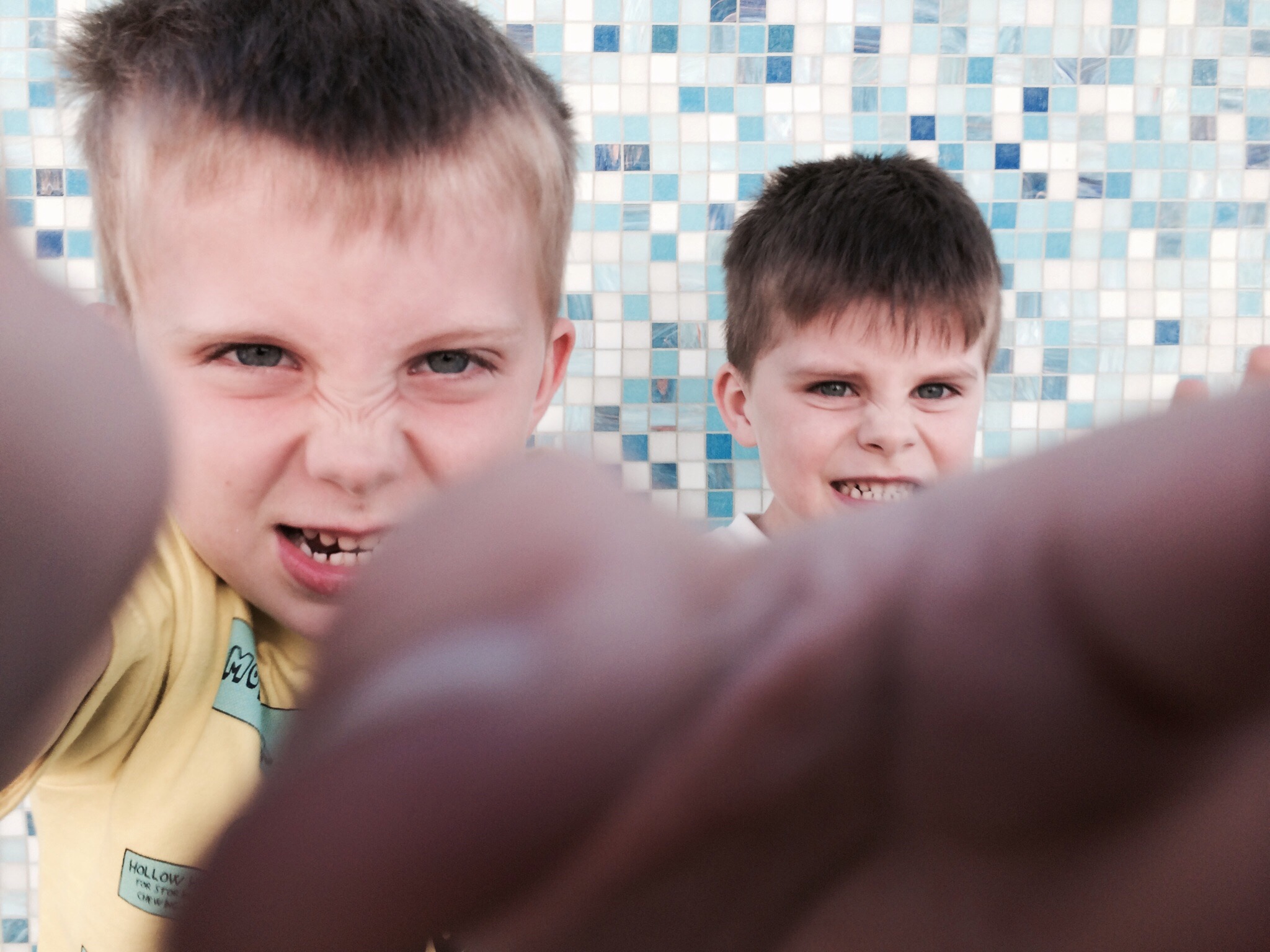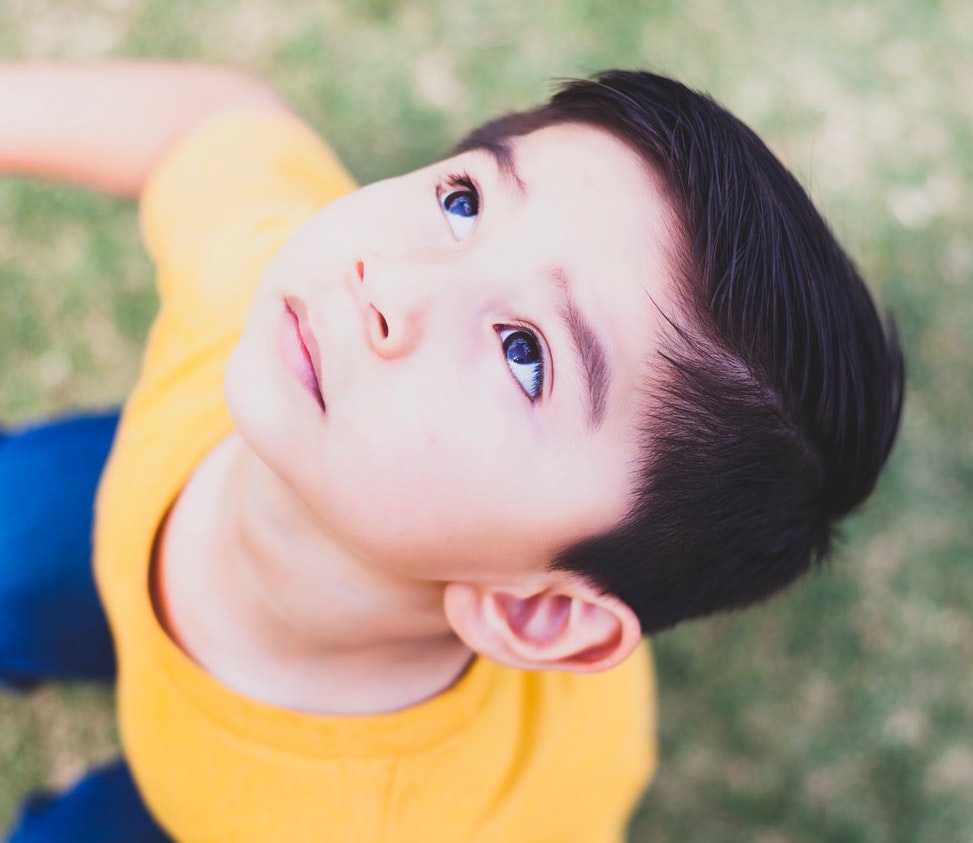Students in High-Achieving Schools Are Now Named An ‘At-Risk’ Group, Study Says
 Communities touting the best-ranked schools are often the most in-demand among families. But this competitive environment can come at a psychological cost to those attending them. Read more ›
Communities touting the best-ranked schools are often the most in-demand among families. But this competitive environment can come at a psychological cost to those attending them. Read more ›


 Researchers are releasing data from NIH’s 10-year
Researchers are releasing data from NIH’s 10-year 
 According to Marlene Schwartz, a psychologist and the director of the Rudd Center for Food Policy and Obesity, a child’s immediate family can be a common source of fat shaming, or commenting negatively on the child’s weight.
According to Marlene Schwartz, a psychologist and the director of the Rudd Center for Food Policy and Obesity, a child’s immediate family can be a common source of fat shaming, or commenting negatively on the child’s weight. 




 Teachers and parents all over the country are noticing
Teachers and parents all over the country are noticing
 Explosive behavior. Rage. Tantrums. Meltdowns. Aggression. Property destruction.
Explosive behavior. Rage. Tantrums. Meltdowns. Aggression. Property destruction.
 Kids start developing communication skills from the moment they’re born. Newborns quickly begin to recognize important sounds in their environment, such as their parents’ voices. As they grow, babies start recognizing the sounds that form language, such as the way syllables, words, and sentences work.
Kids start developing communication skills from the moment they’re born. Newborns quickly begin to recognize important sounds in their environment, such as their parents’ voices. As they grow, babies start recognizing the sounds that form language, such as the way syllables, words, and sentences work. 
 With children heading back to school, now is the perfect time to work on strategies like getting more sleep and less screen time to set your child on the road to success this school year.
With children heading back to school, now is the perfect time to work on strategies like getting more sleep and less screen time to set your child on the road to success this school year. 
 Your child tends to forget things, has difficulty listening to and following instructions, working independently, and completing tasks. She struggles with setting priorities and resisting impulses. Sound familiar? Your child may be struggling with executive function issues.
Your child tends to forget things, has difficulty listening to and following instructions, working independently, and completing tasks. She struggles with setting priorities and resisting impulses. Sound familiar? Your child may be struggling with executive function issues. 

